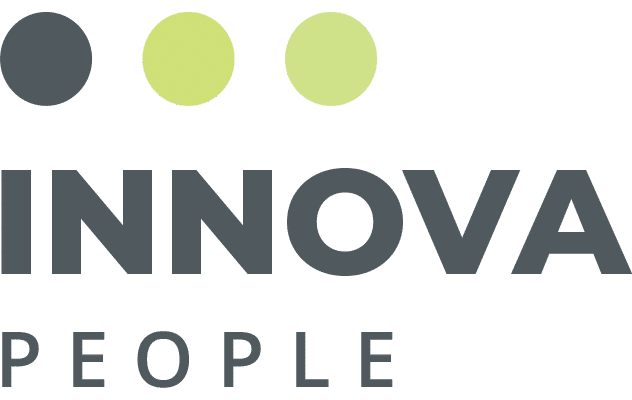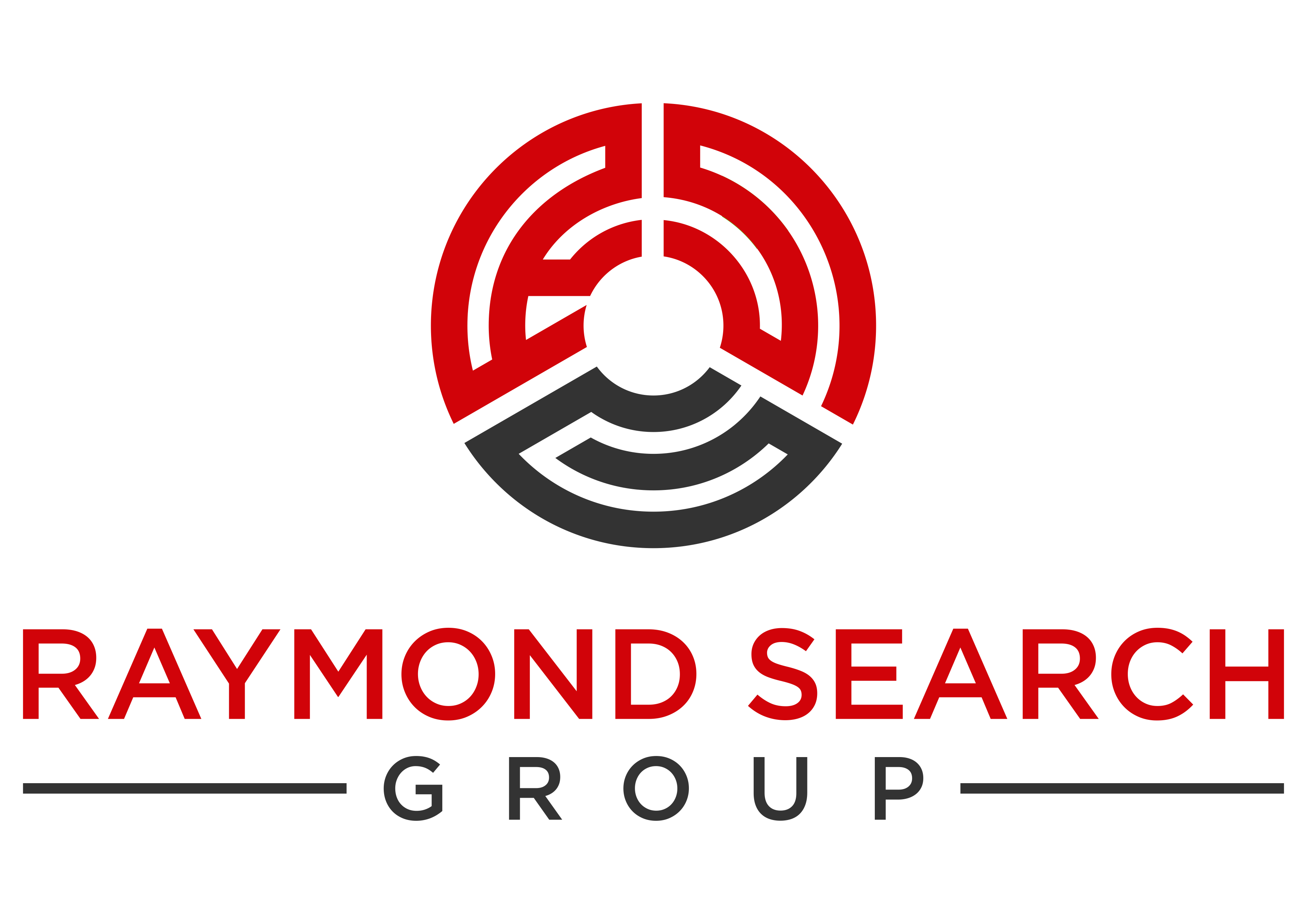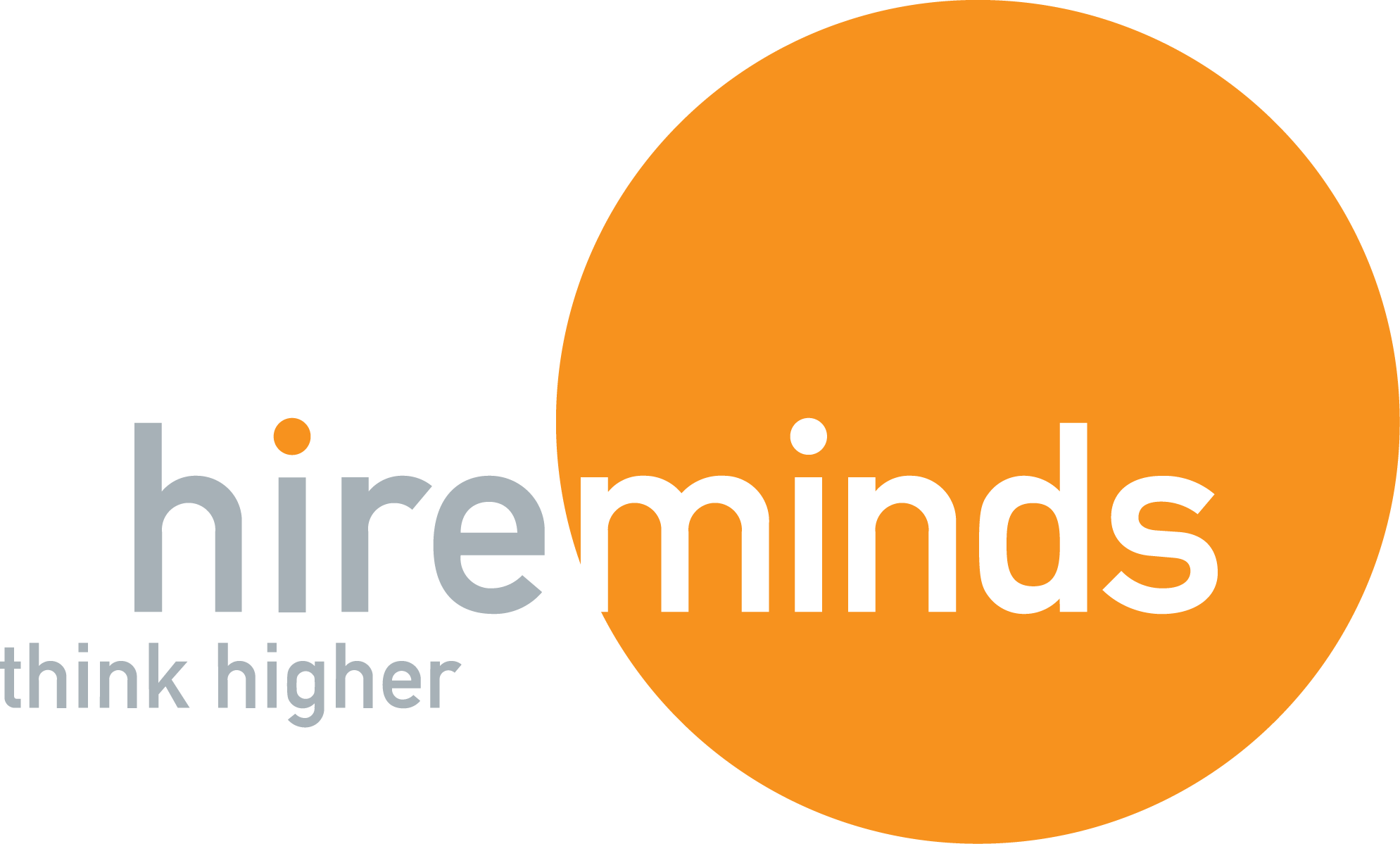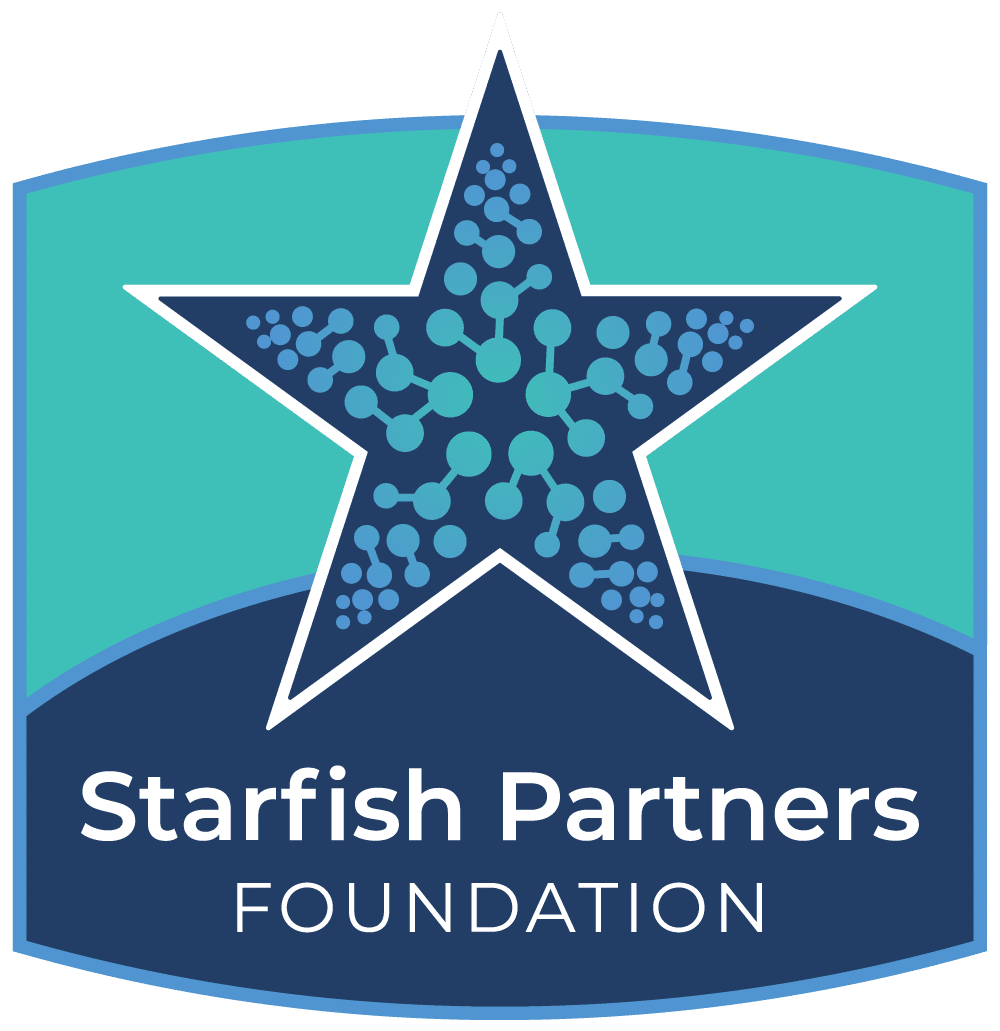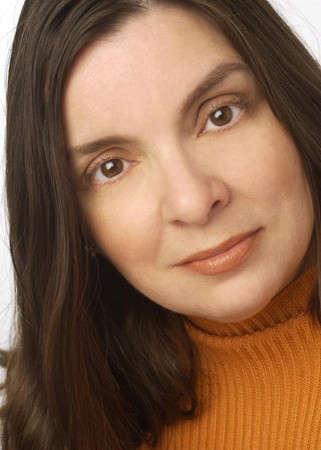

Please share a little about your background and the company you founded, Tiatros. What was your inspiration behind this endeavor? What was your “aha” moment?
I’m a Silicon Valley dealmaker and IP strategist by background. I’ve made hundreds of deals for technology companies around the world over the past 35 years, many of which helped tiny startups grow into very large companies. I founded Tiatros after my sons came home from military service with PTSD. I saw that they both needed the community and support of other veterans. The only people that they would share their stories with were other veterans, who shared their military values and understood their stories because they had also served. My “aha” was that healing is a social activity – that the therapeutic power of peer groups to support healthy behaviors and to improve patient compliance could be harnessed using social media-styled tools inside secure private social networks. That led me to found Tiatros.
What is the origin behind the name “Tiatros”?
Tiatros’ first engineer came up with “TIATROS.” Being an IP attorney, I had a list of specific requirements including that the name had to be a completely made up word that didn’t already exist in any language; it had to be 5-7 letters long; spelled phonetically; look spatially balanced; and be available as a primary .com URL, a corporate name in California and Delaware, and for use as our primary product name and trademark. He made up a new word based on a Greek word that derived from an ancient Sumerian word, IATRO, which refers to “physician, medicine, and healing”. He added a “T” for technology and “S” for Social, both of which are concepts key to our mission, and voila, it met every one of my requirements. I loved it immediately, and still do.
You are an extremely accomplished entrepreneur. What drives you to succeed?
It’s really simple: I want to see Tiatros’ products widely available in the marketplace, providing safe and affordable evidence-based treatment to every patient with a treatable mental illness that seeks help.
What are your goals for Tiatros in the next 5 years?
Cognitive Behavioral Therapy is the gold standard for the psychotherapeutic treatment of most major mental illnesses. It’s used all over the world to treat anxiety, depression, trauma, panic, and even eating and sleep disorders because it consistently works very well provided patients complete it to the best of their ability. UCSF psychiatrists piloted the first programs for sexual assault- and combat-related trauma, with everyone of UCSF’s first 300 patients showing post traumatic growth and recovery. My colleagues and I are now working with our business partners and collaborative customers to leverage cognitive computing and AI to see if we can make effective peer group psychotherapeutics available to tens of millions of Americans and ultimately to hundreds of millions of people around the world that have treatable mental illnesses. That’s a big ambition, but we believe it’s possible to achieve. I particularly want every veteran who is struggling with PTSD and TBI to have access to effective treatment starting now, because I saw in my own family that it is life-changing. These are my 5-year goals for Tiatros.
With your experience as an entrepreneur, and being involved as judge for Cartier Women’s Initiative, which supports and encourages projects by women, what advice do you have for young women entrepreneurs?
When asked, I tell women entrepreneurs to work on solving a problem that is important to them, that they care about and know about, and that a few other people that they think are smart are already working on. I give myself as an example. My original thought process in deciding to work on developing scalable therapeutics for behavioral health was that a handful of companies were already focusing on the market opportunity, but with different proposed solutions; that I am deeply concerned about preventing another generation of homeless veterans and destigmatizing mental illness; and that healthcare is the responsibility of women around the world. That’s what made Tiatros a good fit for me.
What interesting new projects are you currently working on? Or would be interested in exploring?
I recently started to serve on outside corporate boards, which I am enjoying very much. Last year I joined the Board of a premiere engineering design and consulting company that has a significant focus on the healthcare sector. I bring an important and different perspective to its Board, and I’ve learned a great deal. I’d like to do more of this type of work with other companies in the global healthcare sector over the next several years.
What challenges do you currently see in the digital health industry?
The United States needs to innovate business models for reimbursing digital health as much as we need new digital health products and services. I would go anywhere, anytime, to participate in meaningful discussions about how the broad healthcare sector and the government can collaboratively develop innovative revenue models for digital health.
What or who do you attribute your success to?
I have broad interests and a multi-disciplinary educational background. I’m often the only person at the table that understands the science, the legal, the business, the IP, and the international aspects of a proposal. I write very clearly, and have become a better speaker. That’s created a lot of opportunity for me to work on great projects with excellent people, and to get useful experience in complex and important projects.
Have you had a mentor(s) throughout your career?
After 40 years, I consider my husband to be my most important mentor. He’s a psychiatrist who is one of the country’s leading experts on trauma in adolescent and young adult populations. It’s an amazing thing that after all these years our professional interests have aligned and we can collaborate now.
Your background is very diverse. How have you balanced your roles as a Founder, an attorney, IP Strategist, entrepreneur and more?
I don’t try to balance them. I try to integrate them, using them all in combination. Tiatros is a great project for me because I get to use pretty much everything I know, and I still need to learn a great deal more.
What advice do you have for up and coming HIT professionals?
The great American philosopher Cyndi Lauper says If you learn, you earn. She’s right. My advice is work on learning continuously, acquiring whatever knowledge, skills, and credentials you need to get the chance to work with good people on great projects. That’s how you get valuable experience that enables you to advance in your career. You need to bring something to the table. At various points in my life, I taught myself to code, about trademark law, Norwegian-styled knitting, neuropeptide chemistry, and a wide range of international business practices. Now I want to learn about Chinese history. I expect that this knowledge will somehow qualify me for an interesting opportunity at some point. It certainly gives me pleasure. Keep learning always.
What strategies do you rely on to retain and attract top talent at your company?
Hiring is always a challenge for startups. I think that I’m better at motivating and retaining great people than I am at hiring them. I do work hard to ensure that everyone who works with me understands how important it is that our mission succeeds, and that they are respected and appreciated for the role they’re playing in our company’s progress.
If you could have dinner with anyone from Present or Past, who would you want to dine with and what would you eat? Why?
Fun question! I like people who show vision, ambition, leadership, and a high tolerance for ambiguity and change. Pearl Buck, Shirin Ebadi, Jeanne Bare, Nellie Bly, Thomas Jefferson, Ann Richards, Cardinal Wolsey, Winston Churchill, Peter the Great, Gertrude Bell, Rosalind Franklin, Richard Engel, Justice Ginsburg, Janet Napolitano, Teddy Roosevelt, Sinclair Lewis, and Grace Hopper all come quickly to mind. Since this is my fantasy, my wonderful husband will join us and we’ll eat my father’s pasta Bolognese and drink good wine.
What are your interests outside of healthcare?
I have a young grandson who is very interesting. I’m a big sports fan who feels very lucky to live within walking distance of the San Francisco Giants and the Golden State Warriors’ stadiums. I am a world class knitter and am fairly accomplished at crochet. Studying needlework has been a fascinating lens to seeing the creativity of generations of women and their unique contributions to societies around the world. I’ve gotten very interested in the worldwide supply chain for the yarn and other materials that are used in needlecraft. It is not a remunerative skill set, but I am known for the handmade gifts that I give my friends and it gives me great pleasure.

“The Headhunter for Digital Health Innovators”
Healthcare IT Project Manager
440-996-0877
[email protected]
Since 1983, Direct Recruiters, Inc. (DRI) has been recognized as the relationship-focused search firm that assists top-tier organizations with recruiting, acquiring, and retaining high-impact talent for mission-critical positions.

